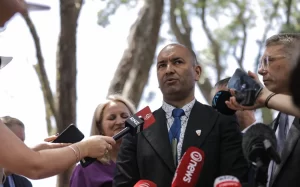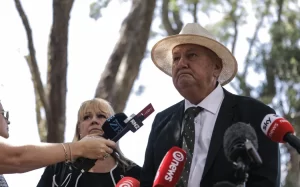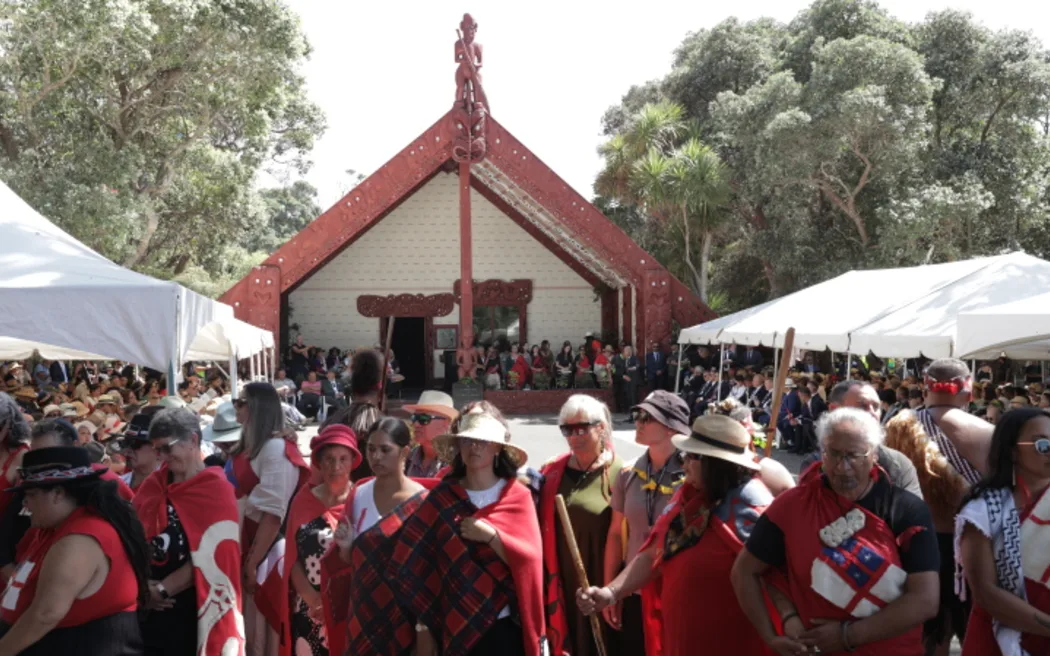The political scene at Waitangi was filled with passionate speeches, contrasting opinions, and heated moments as leaders shared their perspectives on Māori issues and government conduct.
 Tama Potaka emphasized that the government remains open to discussions, even when disagreements arise. “We engage across the board and expect robust discussions.
Tama Potaka emphasized that the government remains open to discussions, even when disagreements arise. “We engage across the board and expect robust discussions.
We never stop funding people because they disagree with us—that’s not how it works,” he said. Potaka acknowledged the emotional atmosphere at Waitangi, describing it as a unique blend of confrontation and eventual harmony through singing and coming together in peace.
ACT Party leader David Seymour defended his speech, which many deemed provocative. “I recorded my speech independently. I don’t agree with people intimidating others out of freely sharing their ideas,” Seymour stated. He criticized his opponents, accusing them of spreading misinformation about his stance on Mā

ori rights and culture. “That’s poison being poured into young minds—like Shakespeare’s Hamlet warns about mistruths,” he added.
Green Party co-leader Marama Davidson did not hold back in criticizing Shane Jones’ remarks, calling them “an abuse of power and privilege.” She advocated for more funding for Waitangi to better serve the tens of thousands of visitors it welcomes annually. “This place is for everyone; it’s for the nation,” she said.
Labour leader Chris Hipkins was also unimpressed by Jones’ comments, describing them as blackmail and “utterly inappropriate.” He accused the government of creating a culture of fear, where people are hesitant to voice dissent due to concerns about funding cuts.
While acknowledging the importance of free speech, Hipkins criticized Seymour’s approach. “He came here to provoke a reaction, and he got one. That’s not what responsible leaders should do,” he said.
Despite the fiery exchanges, leaders agreed that protest is a legitimate expression and that Waitangi’s role as a place for dialogue and connection remains vital.



